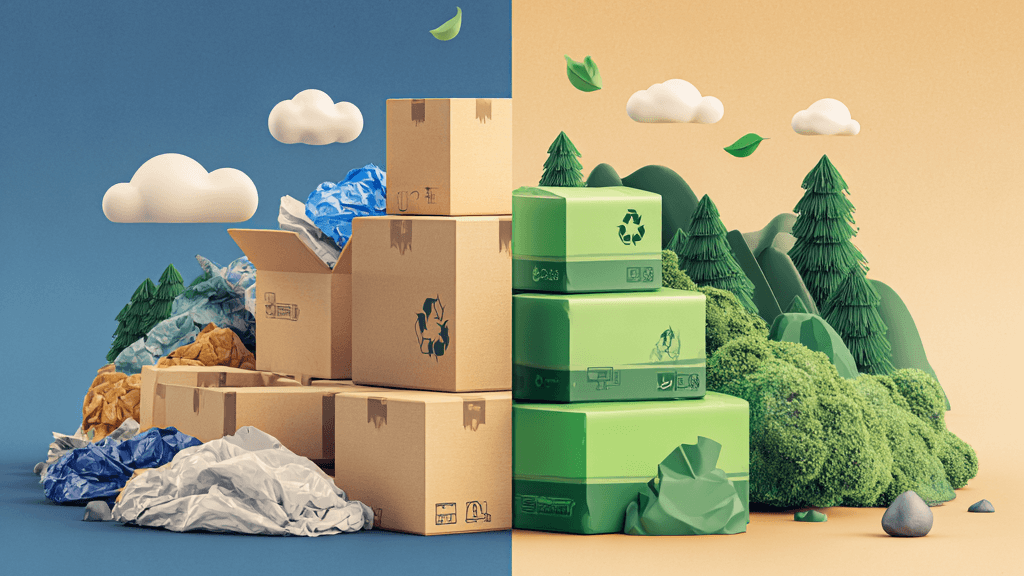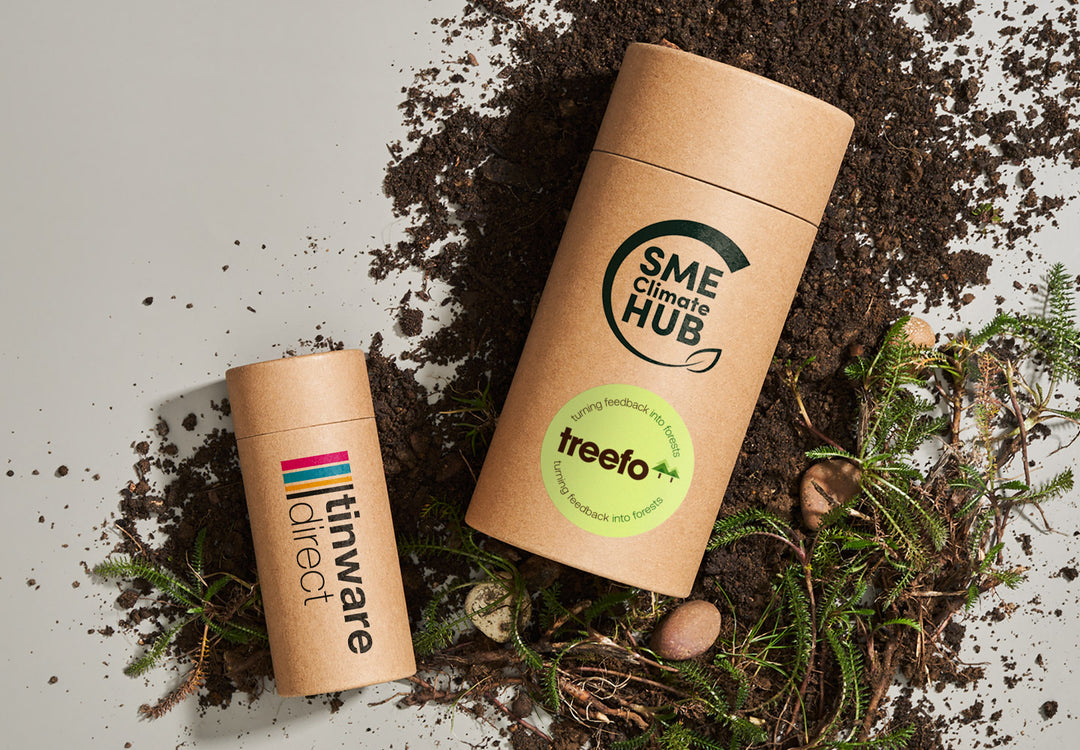How To Reduce Small Business Waste

Waste is more than just an environmental concern; it represents a significant financial drain on small businesses. From the costs associated with disposing of waste to the loss of potential revenue from unsellable products, waste impacts both profitability and efficiency.
By understanding the full scope of waste's impact, businesses can make informed decisions to address and mitigate these issues. This awareness forms the foundation for creating effective waste reduction strategies that not only benefit the environment but also enhance the bottom line.
Implement Efficient Waste Management Practices
Efficient waste management begins with a thorough audit of current waste outputs. Identifying the types and sources of waste allows businesses to tailor their strategies accordingly. For instance, separating recyclable materials from general waste can significantly reduce disposal costs and environmental impact.
Additionally, implementing practices such as composting organic waste, reusing packaging materials, and reducing single-use items can further diminish waste. Regularly reviewing and updating waste management practices ensures that they remain effective and aligned with the latest environmental standards.
Leverage Technology to Reduce Waste
Technology offers innovative solutions to waste reduction. Inventory management software can help businesses track stock levels accurately, reducing the likelihood of overproduction and subsequent waste. Additionally, digital platforms can facilitate the shift from paper-based processes to electronic documentation, significantly reducing paper waste.
Automation tools and smart sensors can also play a crucial role in monitoring resource usage and identifying wasteful practices in real-time. By leveraging technology, businesses can streamline operations, minimise waste, and enhance overall efficiency.
Engage Employees in Waste Reduction Initiatives
Employees are integral to the success of any waste reduction initiative. Engaging staff through training and awareness programmes can foster a culture of sustainability within the organisation. Educating employees about the environmental and financial benefits of waste reduction encourages them to adopt and support waste minimisation practices.
Creating incentives and recognition programmes for employees who actively contribute to waste reduction can further motivate staff and reinforce the importance of these initiatives. A collaborative approach ensures that everyone in the organisation is working towards the common goal of reducing waste.
Collaborate with Suppliers for Sustainable Solutions
Suppliers play a pivotal role in a business's sustainability efforts. Collaborating with suppliers to source eco-friendly materials and packaging can significantly reduce waste from the outset. Businesses can also encourage suppliers to adopt sustainable practices, such as using reusable or recyclable packaging.
Building strong relationships with suppliers who share your commitment to sustainability can lead to innovative solutions and mutual benefits. Engaging in open dialogues about waste reduction goals and expectations ensures that all parties are aligned and working together towards a more sustainable future.







